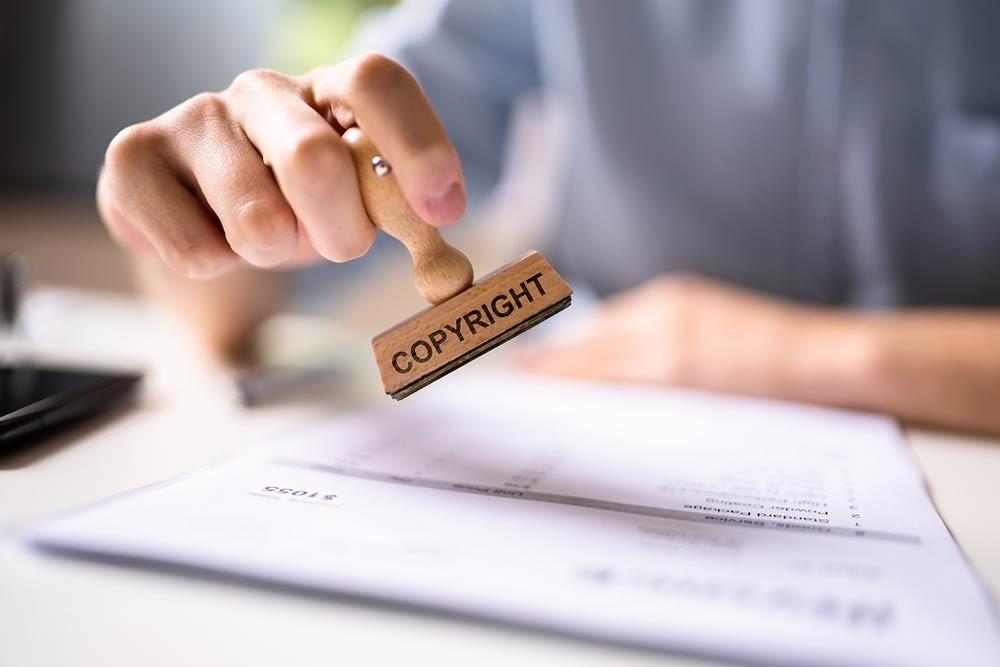Copyright Registration vs Alternatives: What’s Best for Your Business?
For businesses and creators in India, protecting your intellectual property is crucial—but the path to safeguarding your work isn’t one-size-fits-all. As you grow and innovate, you might ask: should you opt for formal copyright registration, or rely on alternative protection methods? This humane guide unpacks the strengths, limitations, and practicalities of copyright registration versus alternatives—helping you make the best choice for your unique business in 2025.
What is Copyright Registration?
Copyright registration is the official legal process of documenting your ownership of creative works such as literary content, designs, software, music, and more. Once registered via the government portal (copyright.gov.in), you get:
-
Legal proof of ownership recognized by courts
-
A public record that deters infringement
-
Easier enforcement in disputes or objections
-
Eligibility to collect statutory damages and royalties
-
Enhanced credibility for investors, partners, and clients
Common Alternatives to Copyright Registration
1. Timestamping and Digital Proof
Many creators keep dated evidence—such as emails, drafts, source files with metadata, and digital notarization—to prove prior creation without formal registration. These can include blockchain records or third-party timestamp services.
2. Trade Secrets and Confidentiality
Some business assets (like proprietary software algorithms or processes) are protected as trade secrets by limiting access and using NDAs (non-disclosure agreements) instead of formal copyright.
3. Trademark Registration
For logos, brand names, or slogans, trademark registration offers a different but complementary protection layer, guarding against confusingly similar marks rather than the actual creative work.
4. Contractual Agreements
Using clear licensing, assignment, or collaboration contracts can clarify ownership and use rights between parties—helpful to prevent disputes over jointly developed works.
Comparing Copyright Registration and Alternatives
| Aspect | Copyright Registration | Alternatives |
|---|---|---|
| Legal Enforcement | Strong, recognized by courts with prima facie proof | Depends on the quality of evidence or contracts |
| Cost & Complexity | Formal fee, process, and timelines (~2-3 months) | Usually low cost, fast, but may lack legal weight |
| Scope of Protection | Covers all original creative works broadly | Limited: trademarks protect marks; trade secrets protect internal info |
| Public Record | Publicly searchable, enhancing deterrence | Private and not public record |
| Dispute Resolution | Clear legal procedures, virtual hearings available | Often relies on negotiations or civil suits |
| Business Credibility | Demonstrates professionalism and IP management | Depends on industry and partner knowledge |
| Geographical Reach | Supported by international treaties for enforcement | Varies, usually local to contract or platform |
What’s Best for Your Business?
Choose Copyright Registration If You:
-
Have valuable creative assets like software, content, designs, or media that you want strong, enforceable legal protection for.
-
Need to build credibility with investors, clients, or partners.
-
Plan to license or sell rights, or face the possibility of infringement disputes.
-
We are expanding to international markets (like the Middle East) where registration eases cross-border enforcement.
-
Want a public record that deters copycats.
Consider Alternatives If You:
-
Are just starting and want quick, low-cost protection while you build your IP portfolio.
-
Have internal know-how or processes best guarded as trade secrets.
-
Focus primarily on brands or logos where trademark registration is more appropriate.
-
Rely heavily on contracts and agreements to manage rights among collaborators or clients.
-
Want additional layers of protection combined with registration.
Tips for Integrating Both Approaches
-
Use timestamped drafts and digital proof for immediate, ongoing documentation of your work’s originality.
-
Wherever possible, file for copyright registration early to lock in legal proof.
-
Protect branding separately with trademark registration where applicable.
-
Use strong contracts and NDAs to manage ownership and confidentiality.
-
Monitor your creative assets actively and be ready to take legal action early if infringement arises.
There’s no one-size-fits-all answer when it comes to copyright registration versus alternatives. For many businesses, a blended approach combining formal registration with smart use of contracts, trademarks, and digital proofs provides the most robust protection in an evolving business landscape.
Visit - https://www.filingworld.in/
#filingworld
